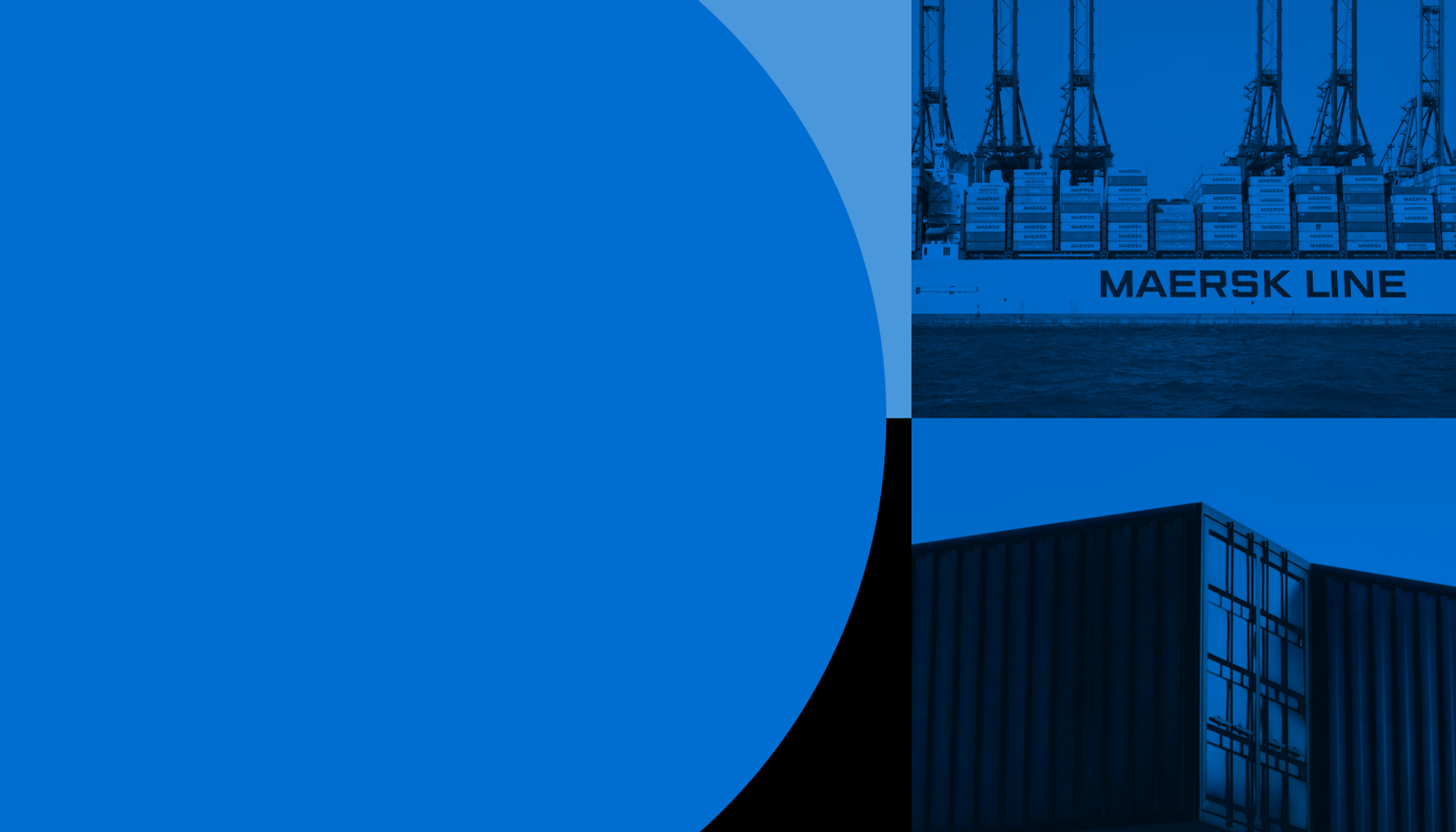Challenge
When U.S. Customers and Border Protection (CBP) introduced the Uyghur Forced Labor Prevention Act (UFLPA), Maersk recognized the need to help its enterprise customers deal with a highly complex and unprecedented law requiring them to identify forced labor within their upstream network.
That task requires visibility deep into the supply chain, at scale, so the importers and manufacturers who made up Maersk’s customer base could prove to CBP that none of the materials and components within their products were made by forced labor in China’s restive Xinjiang region.
Commercially available data and legacy survey and supplier questionnaire solutions wouldn’t suffice. To maximize visibility and make real changes to their networks, the importers and manufacturers who made up Maersk’s customer base needed to join their own value chain data to Maersk’s shipping and logistics data as well as from publicly and commercially available supply chain data.
Solution
Recognizing the opportunity to help their customers solve the problem, the logistics giant engaged Altana to provide a single platform for its customers to combine their value chain data with Maersk’s and other supply chain network data – creating a shared source of truth to help those companies eradicate forced labor from their value chains.
Maersk Trusted Value Chains powered by Altana delivers to Maersk customers tailored insights into their supply chains, provides documentation proving compliance, and streamlines risk mitigation. It enables Maersk’s customers to focus on areas of exposure with relevant alerts and act using AI decision support. Designed specifically for UFLPA compliance, the solution combines Altana’s unique value chain technology with Maersk’s logistics expertise, positioning Maersk as a trusted advisor in compliance and value chain management.
“Compliant value chains don’t exist in isolation. Altana and Maersk ensure our customers can harness the power of trusted supply and distribution networks — no matter where they operate.”
Impact and Future
Maersk is the first major logistics provider to bring to market an integrated solution to help customers take action on forced labor and compliance concerns in their value chains.
With Altana, Maersk can now help companies spanning apparel, retail, automotive, electronics, and other industries understand compliance risks within their value chain networks, engage with their supplier networks, improve sourcing, and take steps to avoid inheriting upstream risk.
This new standard of value chain management helps Maersk’s customers stay ahead of evolving regulatory requirements, including Canada’s Modern Slavery Act, Germany’s Supply Chain Due Diligence Act (SCDDA), and the recently adopted EU Forced Labour Regulation.
Moving forward, the integrated platform gives Maersk an opportunity to strengthen partnerships and act as a trusted advisor, advancing its mission to provide a single touch point for goods from departure to arrival.




